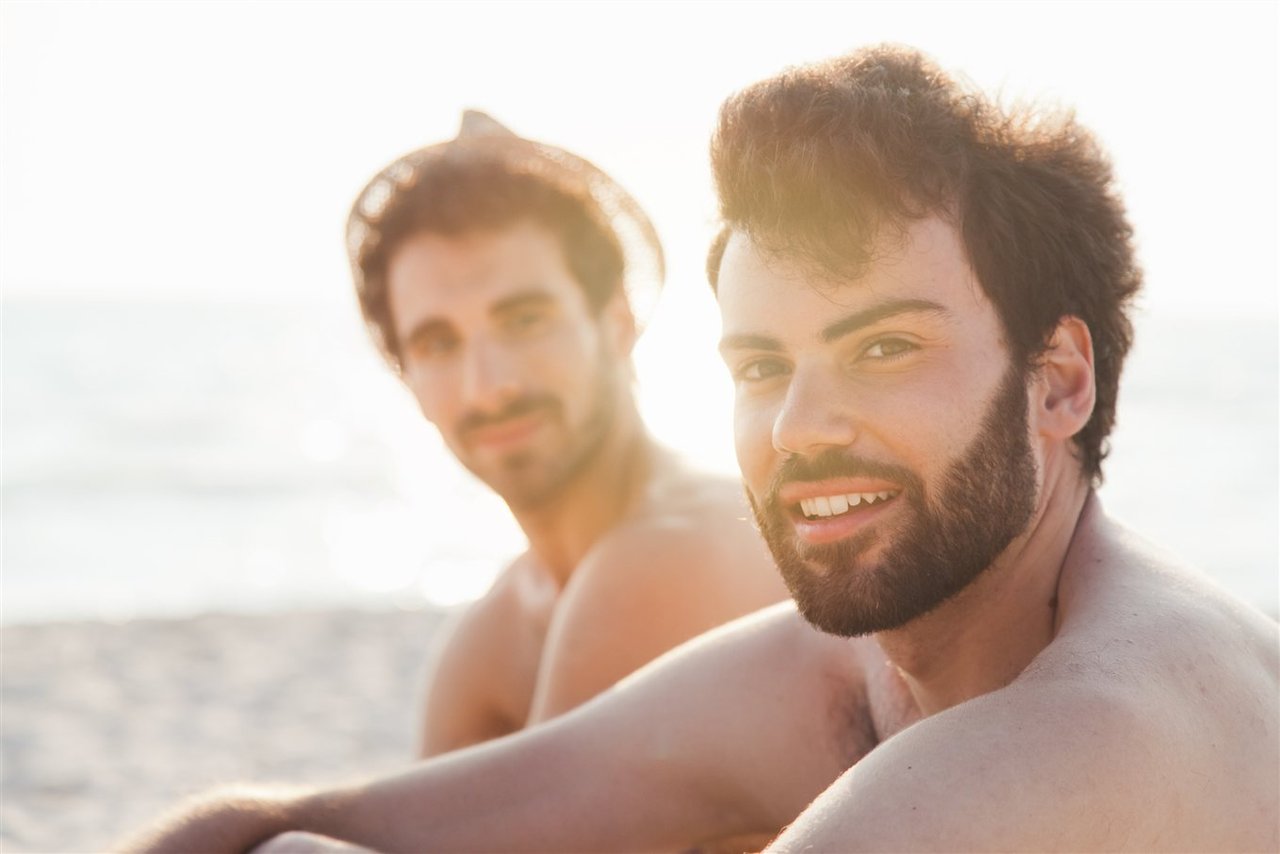Understanding Tokyo’s Gay Bar Scene
Tokyo’s gay bar scene isn’t just about nightlife; it’s a unique social fabric woven through decades of culture and resilience. Knowing where to start can save hours of wandering and offer an entry point into authentic experiences. Bars range from cozy small rooms with intimate crowds to large venues buzzing with energy and music. It's not just about the drinks—it’s about the atmosphere and the sense of belonging.
Choosing the right Tokyo gay bar depends on what you’re looking for. Are you after a chill place for meaningful conversation or something livelier? Many bars cater to specific crowds—locals, foreigners, younger or older clients, and various subcultures within the gay community. Understanding this helps avoid frustration and makes the night successful.
Most of Tokyo’s gay bars are concentrated in districts such as Shinjuku Ni-chōme, the city’s recognized gay neighborhood. This area holds hundreds of bars and clubs, each with its character. The tight clustering means hopping between spots is easy, offering a rich diversity in one night. Keep in mind that some bars charge cover fees or have minimum drink orders—a common practice here.
For someone new, it’s also crucial to consider language barriers. While many hosts welcome English speakers, brushing up on simple Japanese greetings can open doors and soften initial awkwardness. Tokyo’s gay bars show a blend of traditional Japanese hospitality and modern openness, making the experience genuine and welcoming.
 日本語
日本語 English
English




